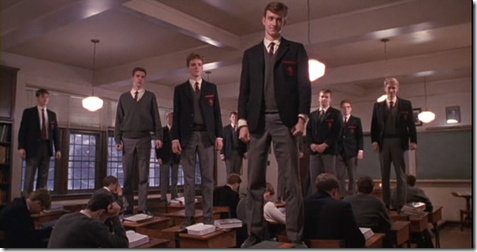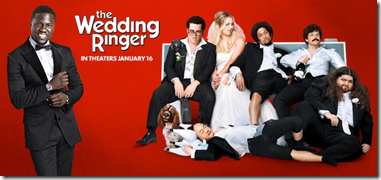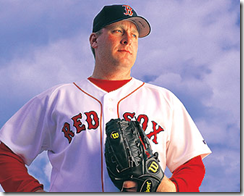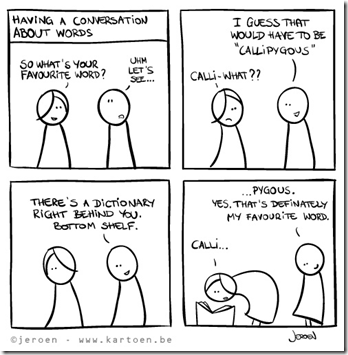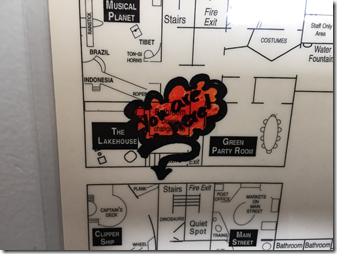Mike Chasar of Poetry Magazine writes about the lost art of poetry memorization. While it’s true that the academic demand to memorize poetry has all but disappeared from the American school system, I’m happy to report that this dying art remains alive and well in tiny corners of the world, including several of my own.
I took a poetry class in college with the late, great poet and professor Hugh Ogden, and he required us to have a newly memorized poem “of substance” ready for each class.

“Of substance” meant that it had better not be four lines long.
We sat around a large, wooden table and recited our poems as our classmates listened on. Remarkably, Hugh had many of the poems that we recited committed to memory as well. He would close his eyes as we recited, almost as if he were listening to music and not the fumbling, occasionally inarticulate words of an nervous, undergraduate English major.
It was an incredibly difficult but incredibly rewarding expectation. I still have about half a dozen of those poems committed to memory, including Dylan Thomas’s “Do Not Go Gentle Into That Good Night,” which I fell in love with through the process of memorization and still love today.
__________________________________
Later, when I had students of my own –third graders and then fifth graders – I would require them to memorize at least one poem “of substance” each year. My students would grumble and complain about the requirement, but once they had the poem memorized and performed it on stage, they were happy to have done so.
Today, my students perform Shakespeare, and they memorize dozens and sometimes hundreds of lines with nary a complaint. And we still memorize our one poem of the year, myself included, in honor of Hugh.
__________________________________
Years ago, in a time when Elysha and I still exchanged a present for every night of Hanukkah, I memorized Elysha’s favorite poem, William Blake’s “The Tyger” and presented it as one of my gifts to her. With the poem committed to memory, I told Elysha that she had access to it at any time as long as we were together, and I would always recite to her on demand.
She loved the gift, or at least pretended to love it. And I can still recite the poem today, as can she.

__________________________________
But my favorite moment of poetry memorization occurred about ten years ago when the teacher in the adjoining classroom began using the following call and response with his students:
Teacher: Oh Captain!
Students: My Captain!
I asked the teacher if he knew the Whitman poem that he was using – which I had memorize in college for Hugh and still have committed to memory to this day – and he did not. He had taken the idea from Dead Poet’s Society, the Robin William’s film about an English teacher at a boy’s boarding school in the 1960’s.
I thought this rather unfortunate, so the next time he was absent from his classroom, I handed a copy of the poem to each of his students and asked them to begin memorizing it in secret. I explained that I would pop into their classroom whenever he was out to help them memorize the poem and rehearse, and one day, when they all knew the poem by heart, they would leap to their feet in the midst of the call and response, and instead of simply saying, “My Captain!” they would proceed to recite the entire poem to him.
It finally happened on a morning in April. Since our classroom had an adjoining door and window, I was able to wait and listen for him to shout his first, “Oh Captain!” of the day. Then I watched as they all stood and recited the poem back to him. Shouted it back to him.
In my memory, their recitation was universal and flawless. I suspect the truth was something not quite so cinematic. Still, it was amazing.
Had I been more familiar with the film at the time, I would’ve had them all stand on their desks. That would’ve been cinematic.
